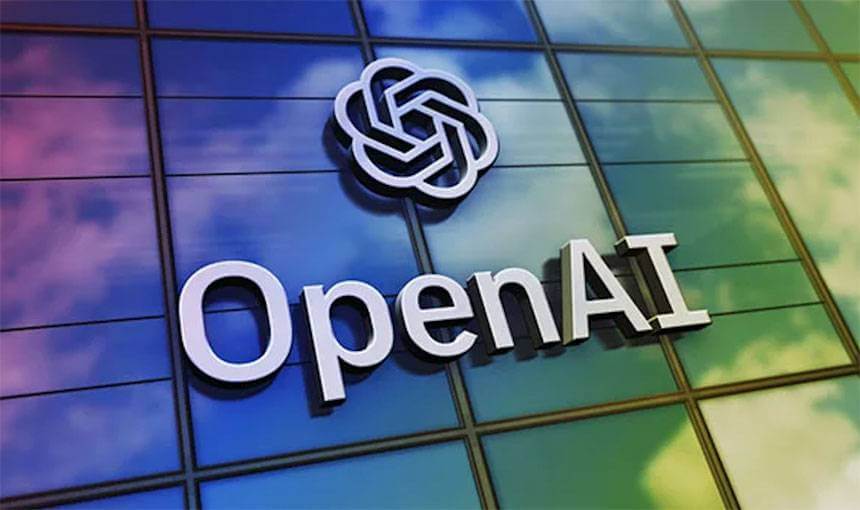OpenAI, the research organization behind groundbreaking AI models like ChatGPT, has been navigating a complex transition. Initially founded as a non-profit with the mission to ensure that artificial general intelligence (AGI) benefits all of humanity, OpenAI has evolved its structure to accommodate the massive resources required to achieve its ambitious goals. This evolution includes a shift towards a for-profit model, prompting both excitement and concern. To ensure this transition aligns with its core values and maximizes social impact, OpenAI is actively engaging philanthropic advisors and taking steps to maintain non-profit oversight.
The need for this structural evolution stems from the immense computational power, infrastructure, and talent required to develop AGI. OpenAI's CEO, Sam Altman, has emphasized that achieving AGI and making its benefits broadly available necessitates resources far beyond the reach of traditional non-profit fundraising. To unlock the trillions in future funding needed, OpenAI is transitioning its for-profit arm into a Public Benefit Corporation (PBC). This structure, common among purpose-driven companies, legally obligates OpenAI to consider broader social and environmental goals alongside shareholder interests.
However, OpenAI's commitment to its original mission remains steadfast. The non-profit entity will retain control and a major shareholding in the PBC, ensuring that the organization's independence and values are preserved. This structure is designed to allow the non-profit to be well-funded and better sustained, empowering it to play a stronger role in guiding AI's development and deployment for the benefit of humanity. This decision came after facing scrutiny from regulators, investors and the public, with concerns being raised about the shift removing the non-profit's controlling status.
To further reinforce its commitment to social responsibility, OpenAI has formed a Nonprofit Commission and appointed new advisors to guide its philanthropic efforts. This group comprises leaders in various fields, including health, education, public service, and labor advocacy. Their role is to provide crucial guidance on how OpenAI's philanthropy can best address pressing global challenges and maximize the positive impact of AI across a wide range of areas.
The advisors will deliver insights to OpenAI's board, which will then use these recommendations to evolve the OpenAI non-profit. This process aims to ensure that OpenAI's philanthropic endeavors are grounded in real-world insights and driven by individuals with a deep understanding of the challenges facing communities and mission-driven organizations. The goal is to empower the non-profit to be a force for good, tackling global issues in areas such as health, education, public service, and scientific discovery.
OpenAI is also actively supporting social innovation through initiatives like the "AI for Impact Accelerator Programme" in India. This program provides API credits, technical mentorship, and a collaborative learning environment to non-profit organizations that are using AI to address challenges in healthcare, education, agriculture, disability inclusion, and gender equity. By partnering with organizations like The Agency Fund, Tech4Dev, and Turn.io, OpenAI is helping to democratize access to AI and build solutions tailored to specific social and economic contexts.
While OpenAI's transition to a for-profit model has raised concerns about the potential commodification of intelligence, the organization is taking steps to mitigate these risks. By maintaining non-profit oversight, engaging philanthropic advisors, and investing in social impact initiatives, OpenAI aims to ensure that its pursuit of AGI remains aligned with its original mission of benefiting all of humanity. The company envisions its non-profit arm as a transformative force, empowering organizations to accelerate research, foster innovation, and efficiently measure their social impact. This transition invites a new era of collaboration, where the synthesis of AI and human expertise drives a more equitable and flourishing society.

















